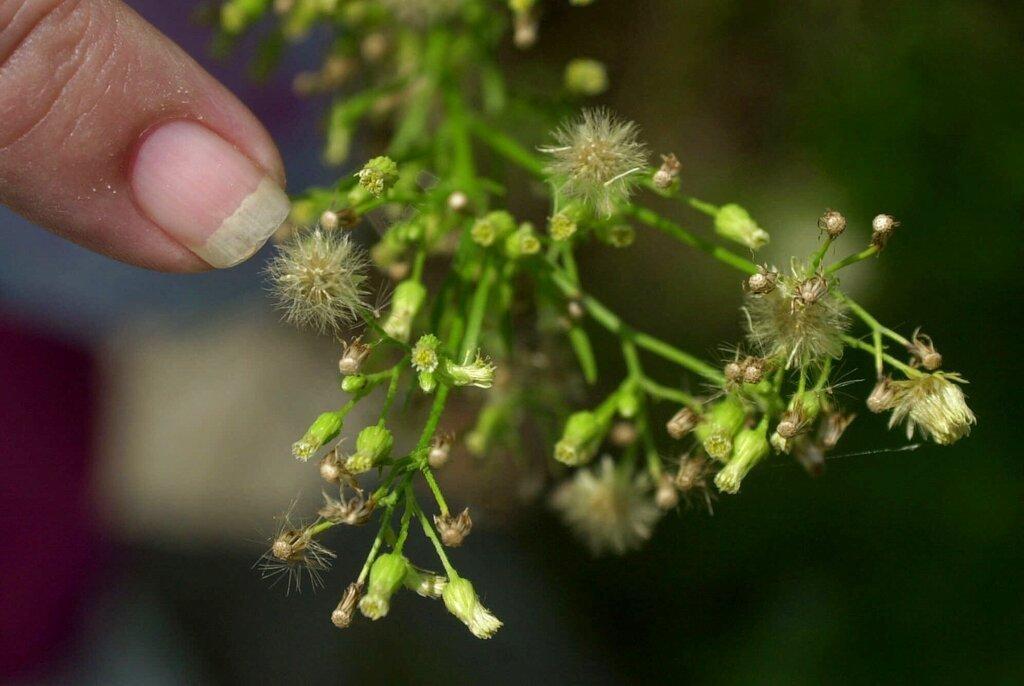The first day of Spring is still two weeks away, but those with seasonal allergies are already feeling symptoms.
Pollen falling outdoors means allergy season has arrived in Mississippi


The first day of Spring is still two weeks away, but those with seasonal allergies are already feeling symptoms.

Lacey Alexander
Pollen falling outdoors means allergy season has arrived in Mississippi
Now that the temperature has risen and plants are blooming, Mississippians are likely seeing pollen covering their cars, yards, and homes. According to the CDC, symptoms of allergic rhinitis, more commonly known as hay fever, affect as many as 60 million people per year in the United States.
Felder Rushing is a retired horticulture professor. He says that while some people may blame the colorful flowers they see this time of year, the real culprits are not nearly as attractive because they don't have to be.
:03
"You never notice the flowers of pine trees, ragweed," he said. "They don't have pretty flowers because their pollen, is shaking loose and it's like really, really fine dust and it blows in the wind and coats the female flowers nearby."
Rushing says Mississippi's forests are likely to blame for the harsh yearly allergy season. Dr. Charles Grogan is an assistant professor of Allergy and Immunology at the University of Mississippi Medical Center. He says it's hard to avoid pollen, but there are steps that can be taken to keep it out of the home.
"Taking off your clothes when you get home, watching them quickly, instead of laying down on your bed or on your furniture is a good way to keep allergens from getting tracked on to surfaces that it will stick to for a long time," he said. "Using a daily nasal spray like Flonase... can go a long way towards helping your symptoms."
Grogan also says personalized immunizations can potentially cure certain allergy issues.